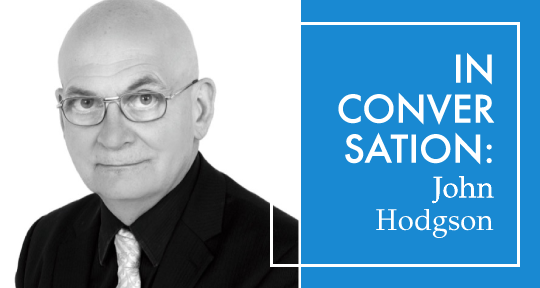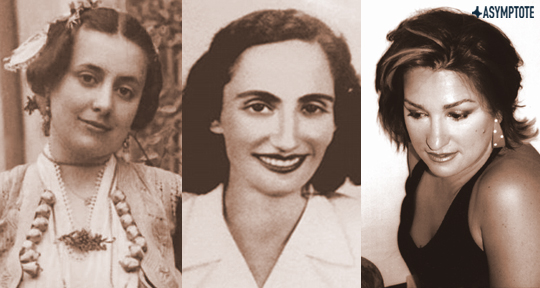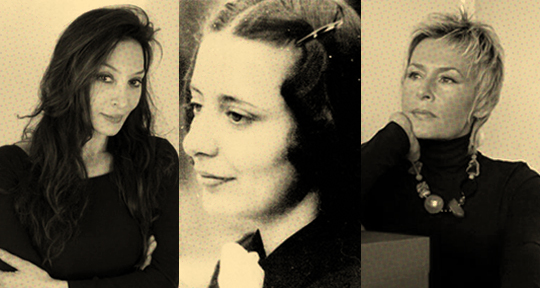Throughout Ismail Kadare’s autobiographical novel The Doll, recently published in English by Counterpoint Press, the narrator voices a dilemma that most writers know well: the insufficiency of language. “It was hard to explain because there were no words for it,” he says at one point. “Either I didn’t know them, or they weren’t yet invented.” And later: “No language could describe what I felt in my heart. I needed a different one. The one I had would not obey me.”
So much of the literary translator’s work lies in courting the obedience of language. Translation makes intelligible the previously unintelligible, imagines new words to convey preexistent meaning. John Hodgson knows this well: The Doll is the sixth book of Kadare’s that Hodgson has translated. Considering his outsized role in bringing Kadare’s work to English-language readers, he cuts a modest, unassuming figure. One of the few Albanian-English literary translators working today, Hodgson has translated Kadare’s novels The Three-Arched Bridge, The Traitor’s Niche, and A Girl in Exile, among others. In comparison to the Albanian writer’s previous novels, Hodgson describes The Doll as “a gentle, reflexive, and humorous book” and found “the experience of translating it was correspondingly relaxed.”
Hodgson and I recently discussed his work as an Albanian-English interpreter and literary translator, as well as the inimitable pleasures of “a Kadare sentence.”
—Sophia Stewart, Assistant Interviews Editor
Sophia Stewart (SS): You were born in England and studied English at Cambridge and Newcastle. What initially drew you to the Albanian language, and what led you to pursue Albanian translation professionally?
John Hodgson (JH): In the 1980s, I taught English in several now vanished Eastern European countries: the German Democratic Republic, the Soviet Union, and Yugoslavia. The British Council sent me to the University of Prishtina in Kosovo. I knew nothing about Kosovo when I arrived, but I was enthralled by the life there. Now, during lockdown, I’ve written a short book in Albanian about this time, which I recall with great affection. Soon afterwards I was head-hunted by the United States Government to translate Marxist-Leninist propaganda.
SS: Seeing as you were born in England, and therefore speak British English, do you actively avoid Briticisms in your translations? While there is no such thing as “standard English,” do you attempt to make your English translations as universally intelligible—that is, “unmarked” by dialectical indicators—as possible?
JH: When I worked for the United States government, my computer would bleep whenever I used a Briticism, and this taught me, for instance, not to write the word “whilst.” English is very rich and capacious, so it is possible to write in an “unmarked” style without lapsing into bland UN-speak. Albanian also has a lot of variation, particularly between the north and south, and Kadare writes in a non-regional literary Albanian that is quite a recent flowering, and which he himself has done a lot to shape and infuse with expressive power. Recently he has been consciously reviving old words and creating neologisms. A Kadare sentence in Albanian is quite unlike any other writer’s. I was pleased when a reviewer described the prose of one of my translations as “pleasantly odd.” I thought I had perhaps captured something of this. Dialectical indicators in the original language pose more intractable problems than a translator’s own idiom. So does slang. Kadare hardly ever uses slang, and presents none of the difficulties of, for example, the soldiers’ Bosnian in Faruk Šehić’s Under Pressure.
SS: The author-translator relationship can vary so much depending on the particular project or pairing. Having translated so much of Kadare’s work over the course of more than two decades, what does your working relationship with Kadare look like?
JH: Kadare has had dozens of translators and he can’t spend all his time dealing with us. I have been grateful for the confidence he has shown in me. Generally, after I have completed the first draft of each book in English, the editor and I put together questions for Kadare, which he has always answered conscientiously. He doesn’t use the internet, and I like to respect his privacy. READ MORE…




